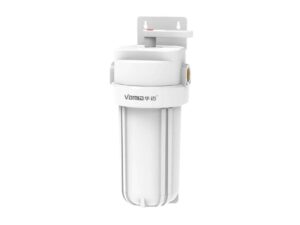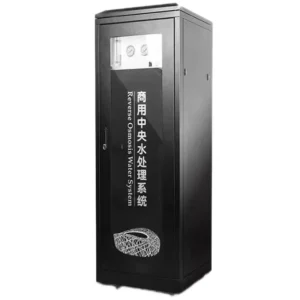Selecting the Right Water Purifier for Rural Water Sources
Rural water systems, often wells or surface water, face unique challenges like high sediment, iron, sulfur,
and bacterial contaminants. For sediment-heavy water, start with a pre-filter (5-20 micron) to remove rust,
sand, and silt. Activated carbon filters are effective for reducing sulfur odors (“rotten egg smell”) and chlorine residues.
and bacterial contaminants. For sediment-heavy water, start with a pre-filter (5-20 micron) to remove rust,
sand, and silt. Activated carbon filters are effective for reducing sulfur odors (“rotten egg smell”) and chlorine residues.

For bacterial risks, UV purifiers or models with ceramic filters (0.1-0.5 micron pores) are essential, as they
trap or neutralize pathogens like E.coli. In areas with hard water (high calcium/magnesium), consider water
softeners or RO systems to reduce scaling and improve appliance lifespan.
trap or neutralize pathogens like E.coli. In areas with hard water (high calcium/magnesium), consider water
softeners or RO systems to reduce scaling and improve appliance lifespan.

Budget and maintenance are key. Rural areas may have limited access to technical support, so choose durable,
low-maintenance models with eaWater Purifier Factory, Water Purifier For Home, Water Purifier Machine,Water Purifier, Water Filter Purifier System
low-maintenance models with eaWater Purifier Factory, Water Purifier For Home, Water Purifier Machine,Water Purifier, Water Filter Purifier System
sy-to-source filters. Regular testing (at least annually) and timely filter replacements
are critical to address changing water quality. By matching the purifier to your specific rural contaminants, you can
ensure safe, reliable drinking water.
ensure safe, reliable drinking water.
Selecting the Right Water Purifier for Rural Water Sources

